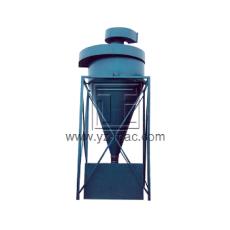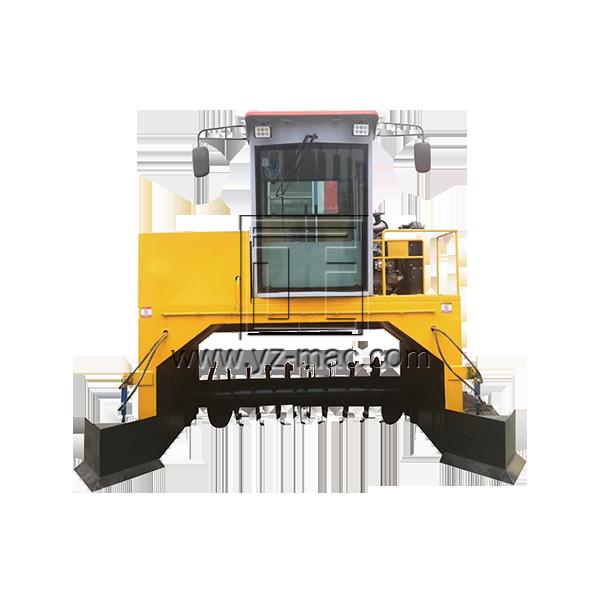Composting on a large scale
Composting on a large scale is a sustainable waste management practice that involves the controlled decomposition of organic materials to produce nutrient-rich compost. It is widely adopted by municipalities, commercial operations, and agricultural sectors to manage organic waste efficiently and reduce environmental impacts.
Windrow Composting:
Windrow composting is one of the most common large-scale composting methods. It involves forming long, narrow piles or windrows of organic waste materials, such as yard trimmings, food waste, and agricultural residues. The windrows are periodically turned to aerate the composting materials, promote decomposition, and manage moisture levels. This method is widely used in municipal composting facilities, commercial composting operations, and agricultural applications.
Applications:
Municipal solid waste management: Windrow composting is utilized by municipalities to divert organic waste from landfills and reduce overall waste volumes.
Commercial composting: Large-scale composting facilities process organic waste from food processing plants, restaurants, supermarkets, and other commercial sources.
Agricultural use: Compost produced through windrow composting can be applied to farmlands as a soil amendment, enhancing soil fertility and structure.
In-vessel Composting:
In-vessel composting involves using enclosed containers or vessels to control the composting process. The organic waste is placed inside these vessels, which are equipped with aeration systems to facilitate proper airflow and temperature control. In-vessel composting is commonly used in large-scale operations where space is limited or to manage specific types of waste, such as food waste or animal manure.
Food waste management: In-vessel composting is highly effective in processing large quantities of food waste generated by commercial establishments, supermarkets, and food processing industries.
Animal manure management: Livestock operations can utilize in-vessel composting to manage large volumes of animal manure, reducing odors and pathogens while producing valuable compost for agricultural use.
Aerated Static Pile Composting:
Aerated static pile composting involves creating large composting piles with the help of aeration systems. The piles are constructed using layers of organic waste materials, and a system of pipes or blowers supplies air to the pile. The constant supply of oxygen promotes aerobic decomposition and accelerates the composting process.
Conclusion:
Large-scale composting methods play a crucial role in sustainable waste management and the production of nutrient-rich compost. Windrow composting, in-vessel composting, aerated static pile composting, and in-vessel vermicomposting are effective techniques used in various industries to process organic waste efficiently. By adopting these methods, municipalities, commercial operations, and agricultural sectors can divert organic waste from landfills, reduce greenhouse gas emissions, and produce valuable compost that enhances soil fertility and promotes environmental sustainability.







